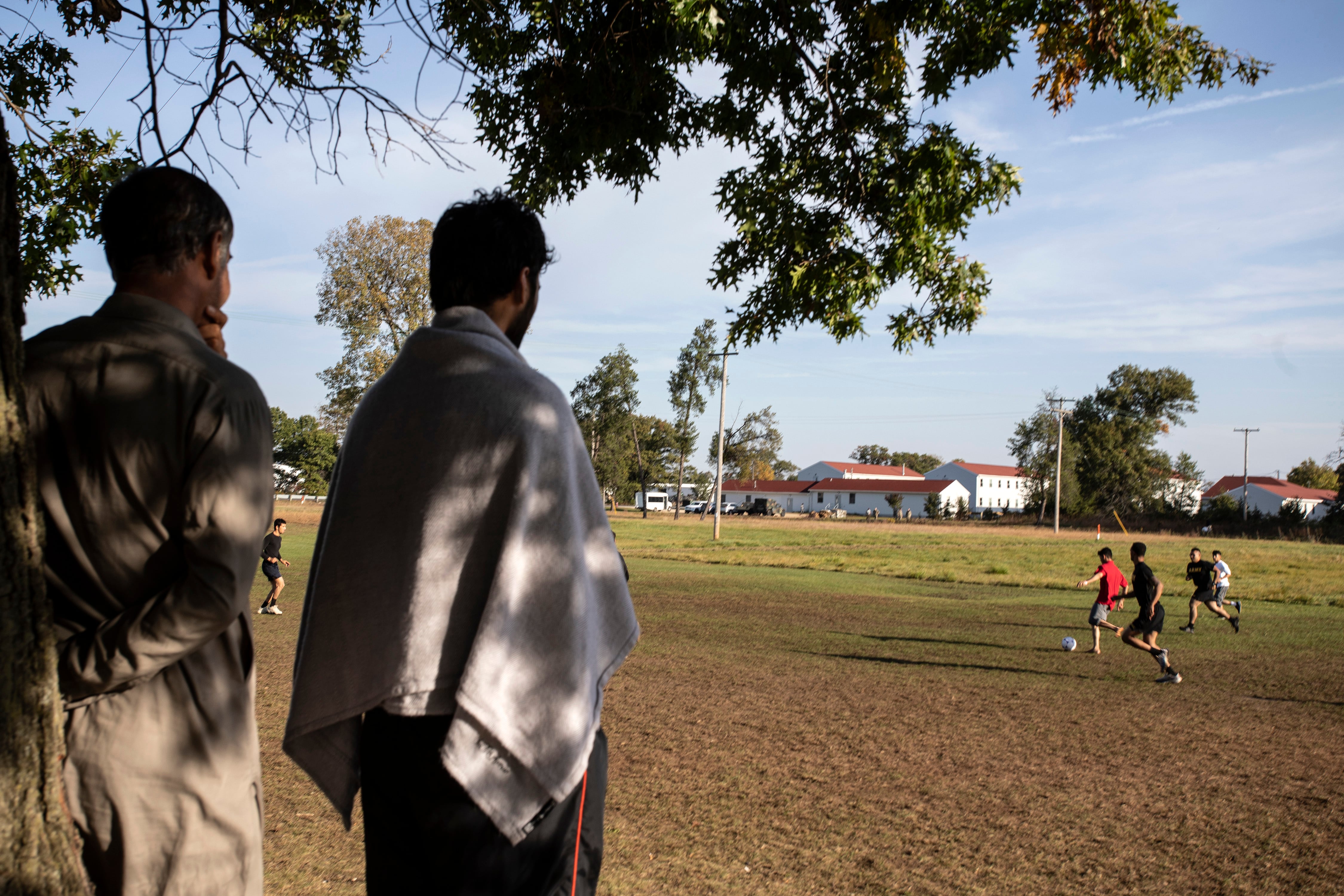FORT MCCOY, Wis. — The final group of Afghan nationals temporarily housed at a Wisconsin Army post have been resettled to new communities across the country, the Defense Department said Tuesday.
About 12,600 Afghans were sent last year to Fort McCoy, a training post about 150 miles northwest of Milwaukee. The fort was one of eight military installations across the country that temporarily housed more than 76,000 Afghans who were forced to flee their homeland in August after the U.S. withdrew its forces from Afghanistan and the Taliban took control.
The Afghans were sent to the facilities to acclimate to the U.S. and undergo background checks before federal officials relocated them to more permanent homes in some 290 communities across the country.
Officials said about 1,200 “vulnerable” Afghans “who are in the process of completing their resettlement” continue to be housed at a military installation in New Jersey.





